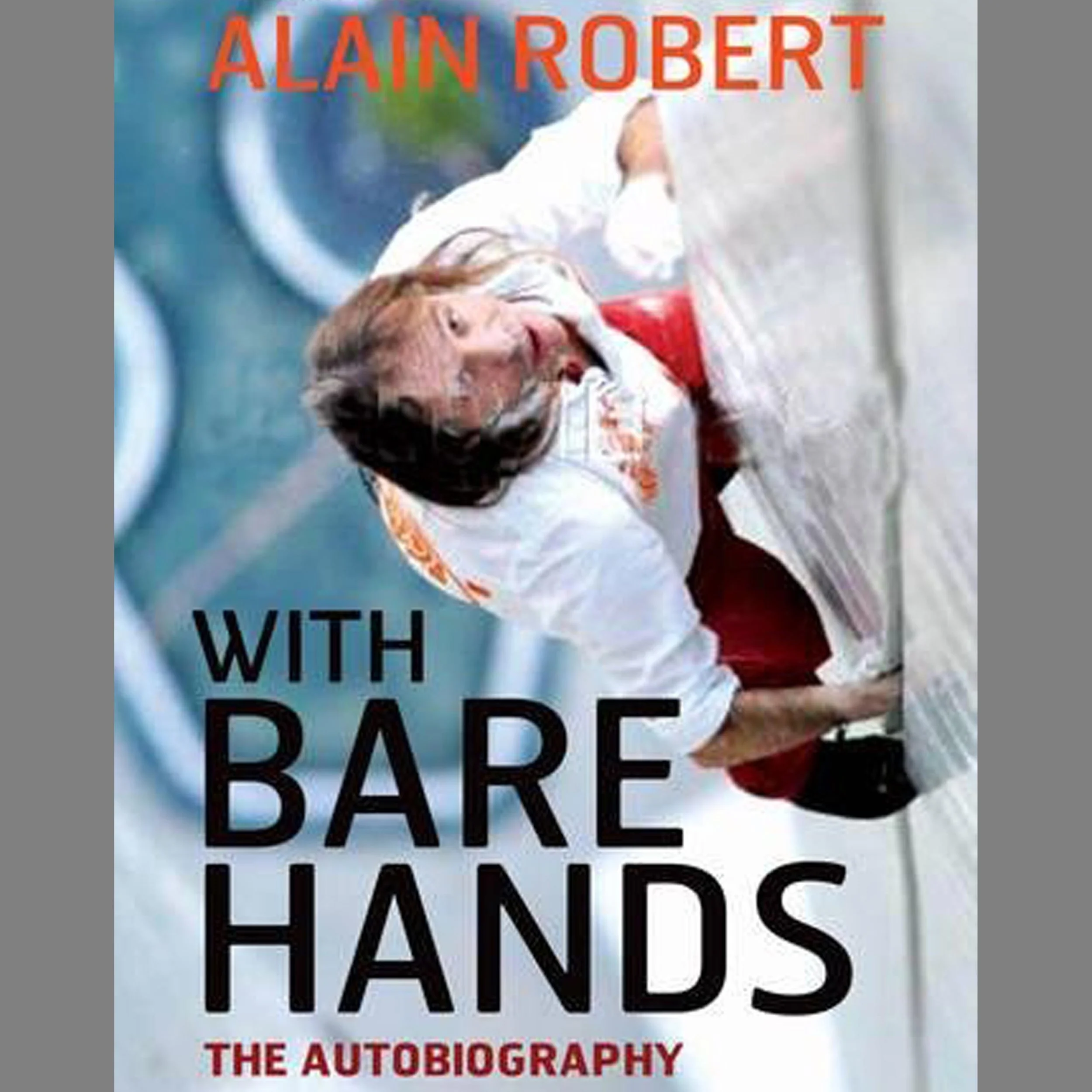DUANE L. CADY - Philosopher, Author of Moral Vision: How Everyday Life Shapes Ethical Thinking & From Warism to Pacifism
/Author of Moral Vision: How Everyday Life Shapes Ethical Thinking · From Warism to Pacifism
Philosopher · Outstanding Educator of the Year · United Methodist Foundation for Higher Education
Warism, taking war for granted as morally acceptable, even morally required, is the primary obstacle to peace. The task for us is to understand how we can get moral visions and then consider the ethics of negotiating between and among them, including collisions between moral visions. So my interest is in the extent to which various forms of reason take part in these different projects. I argue that contemporary technical philosophers tend to avoid this kind of problem. They tend to think of reason as much more narrow, whereas I want to include things like ordinary experience, the arts, theater, and reading a book. All those things can have an effect.














